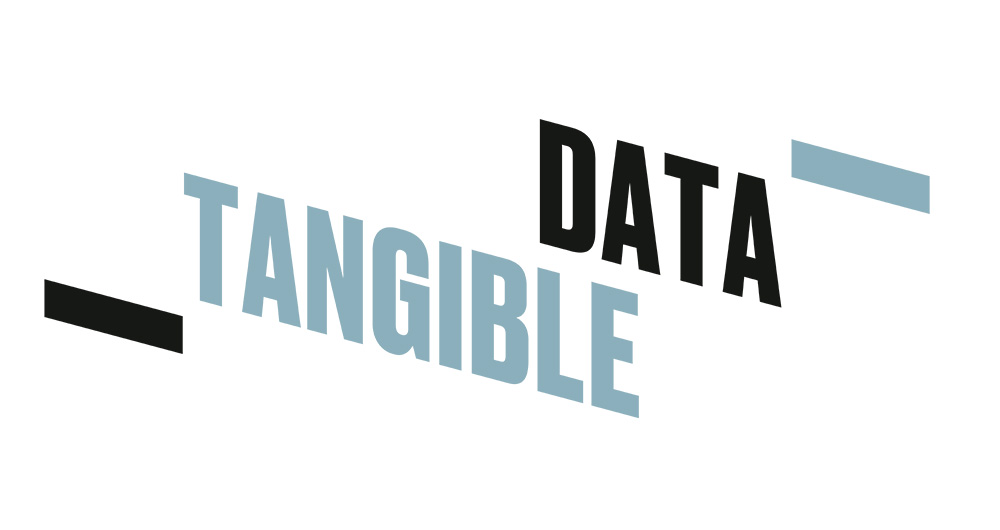
General information
Tangible Data aims to improve data literacy for sustainable development by integrating data into social awareness through artistic expression. This project overcomes obstacles such as information overload, misinformation, digital fatigue and the digital divide by presenting data in a tangible and captivating way. Using natural or recycled materials and digital fabrication techniques, such as 3D printing and laser cutting, data sculptures are created for public display, raising awareness and encouraging proactive initiatives on pressing issues such as climate change, poverty and education.
Main products and services
- Exhibitions on the SDGs (Sustainable Development Goals). These exhibitions are designed to engage the public in the SDGs by presenting data in an artistic and tangible way. Through data sculptures and other art forms, Tangible Data seeks to increase public awareness and engagement with the global goals for sustainable development.
- Training workshops for companies and schools. Tangible Data offers workshops that raise awareness of the importance of data in measuring sustainability. These workshops teach participants how to interpret and use data to evaluate and improve their sustainable practices. In addition, the workshops promote the physicalization of data, helping to convert abstract information into tangible and understandable representations.
- Awards and Recognition. Tangible Data organizes awards and recognitions so that organizations that excel in using data for their sustainability commitments are publicly recognized. These awards serve to incentivize and motivate more organizations to adopt data-driven practices and demonstrate their positive impact on sustainability.
Key to success
Metrics associated with their “from data to action” funnel.
Growth
Success metrics associated with Tangible Data may include the following:
1. Audience Reach:
- Number of visitors to ODS exhibitions.
- Participation and attendance at workshops and events.
- Outreach and engagement in awareness campaigns on social networks and media.
2. Educational Impact:
- Number of academic institutions and companies participating in training workshops.
- Evaluations and testimonials from participants on the educational value of the workshops.
- Number of research projects or educational initiatives generated from the collaboration with Tangible Data.
Future plans
They want to organize an exhibition on the 17 SDGs with the support of the Government of Spain. They have support from the Museum of Natural Sciences and other partners.
Data used
They use open data including resources from the UN, Spanish and US governments, the World Bank and the European Union, all under open licenses such as MIT or CC4.0. These agencies offer statistical, economic, social and environmental data, accessible and reusable for analysis, research and visualization, promoting transparency and access to information in various sectors.
Clients
- Public Sector and International Organizations. They help governments and international agencies to effectively communicate their open data to increase transparency and citizen participation.
- Companies committed to Open Data and the SDGs. They facilitate companies to measure, communicate and recognize their sustainability impact through the use of data.
- Academic Institutions Committed to Data and Sustainability. They support academic institutions in teaching and innovative data visualization to foster research and education in sustainability.
- NGOs and Foundations. They provide NGOs and foundations with the tools and training needed to use and communicate data in the planning and evaluation of sustainable projects.
Marketing model
Fee for service, esponsorización, donaciones.
Content provided by the reuse company.
The content and opinions shown in this publication are the exclusive responsibility of the author.